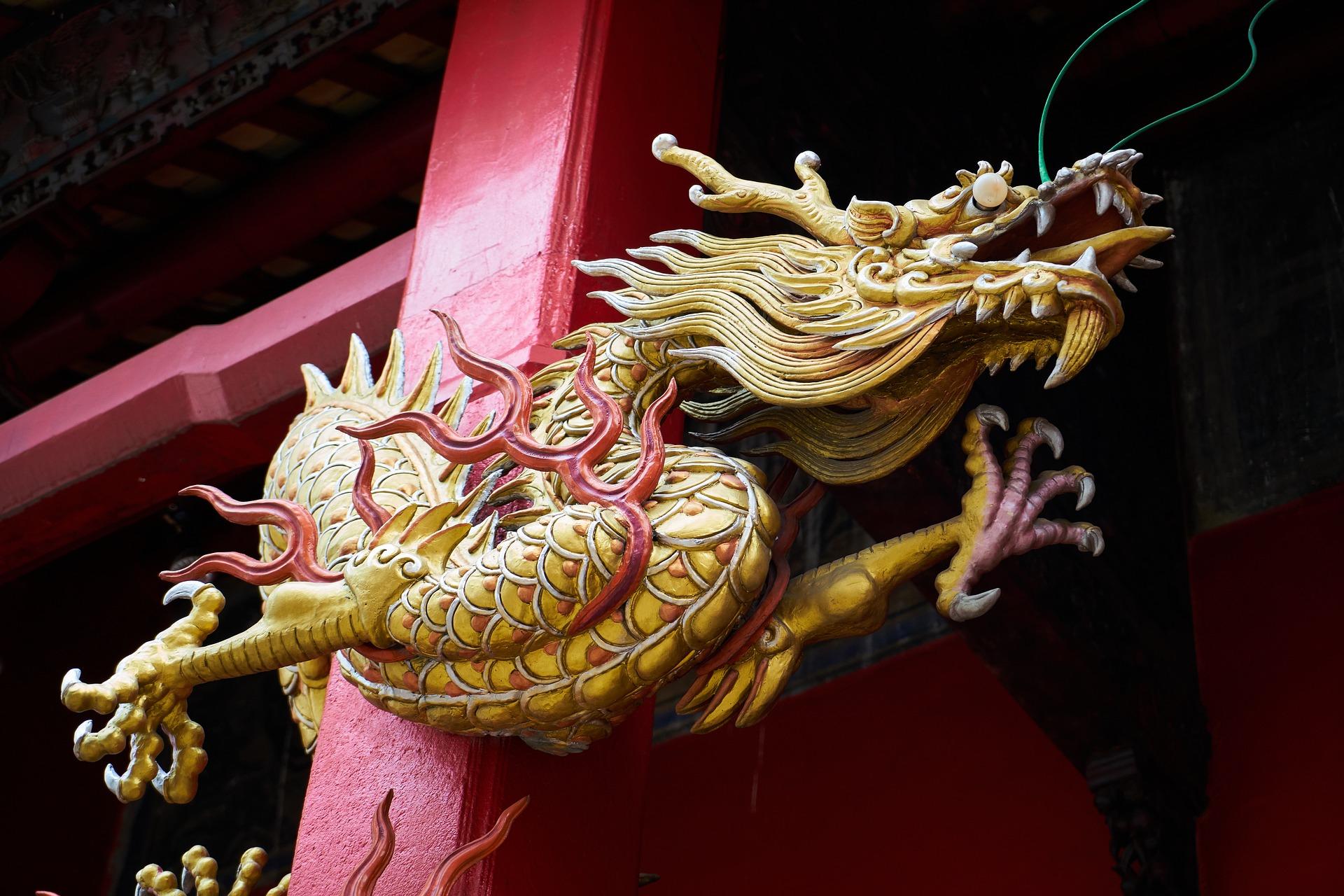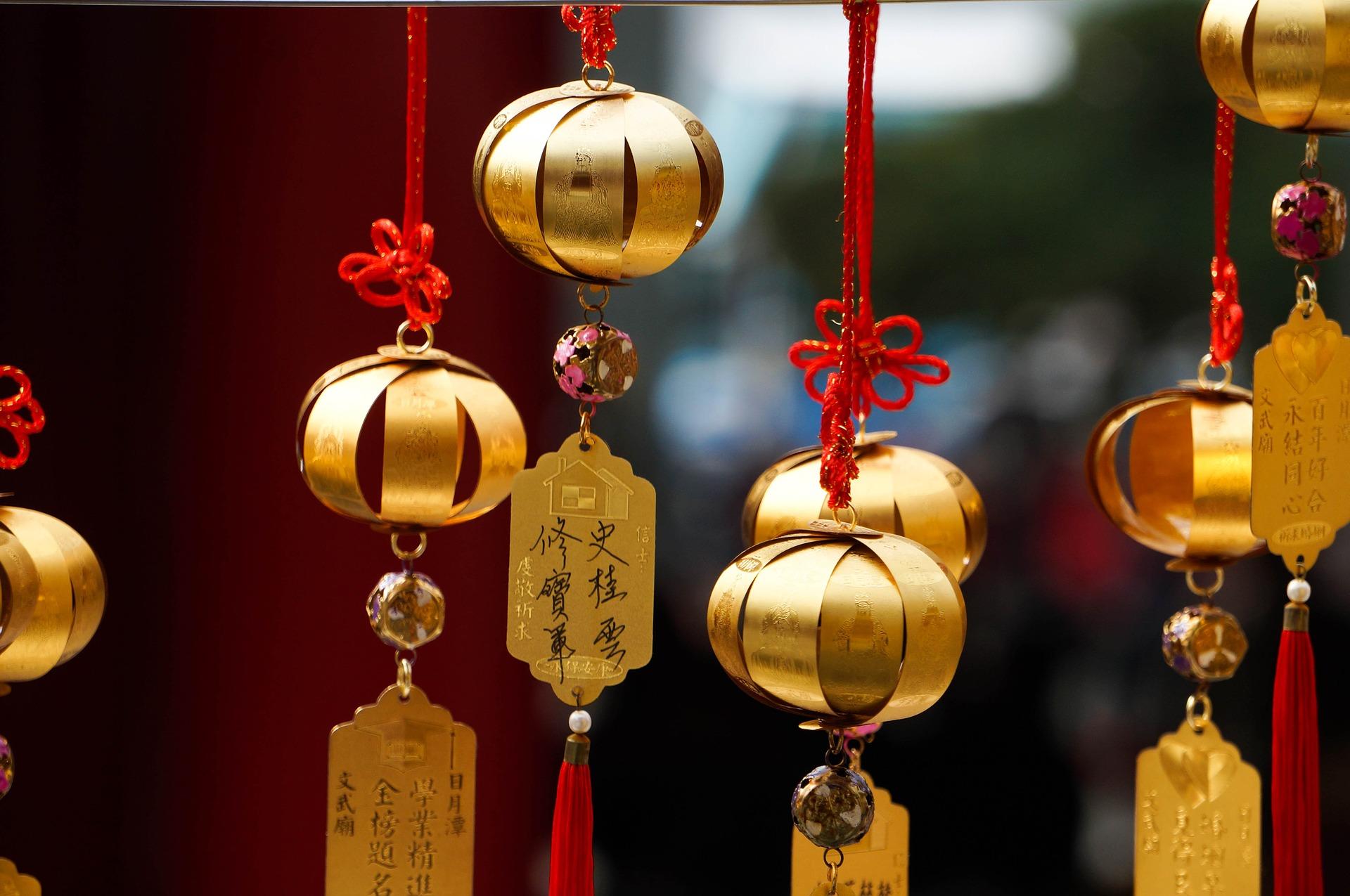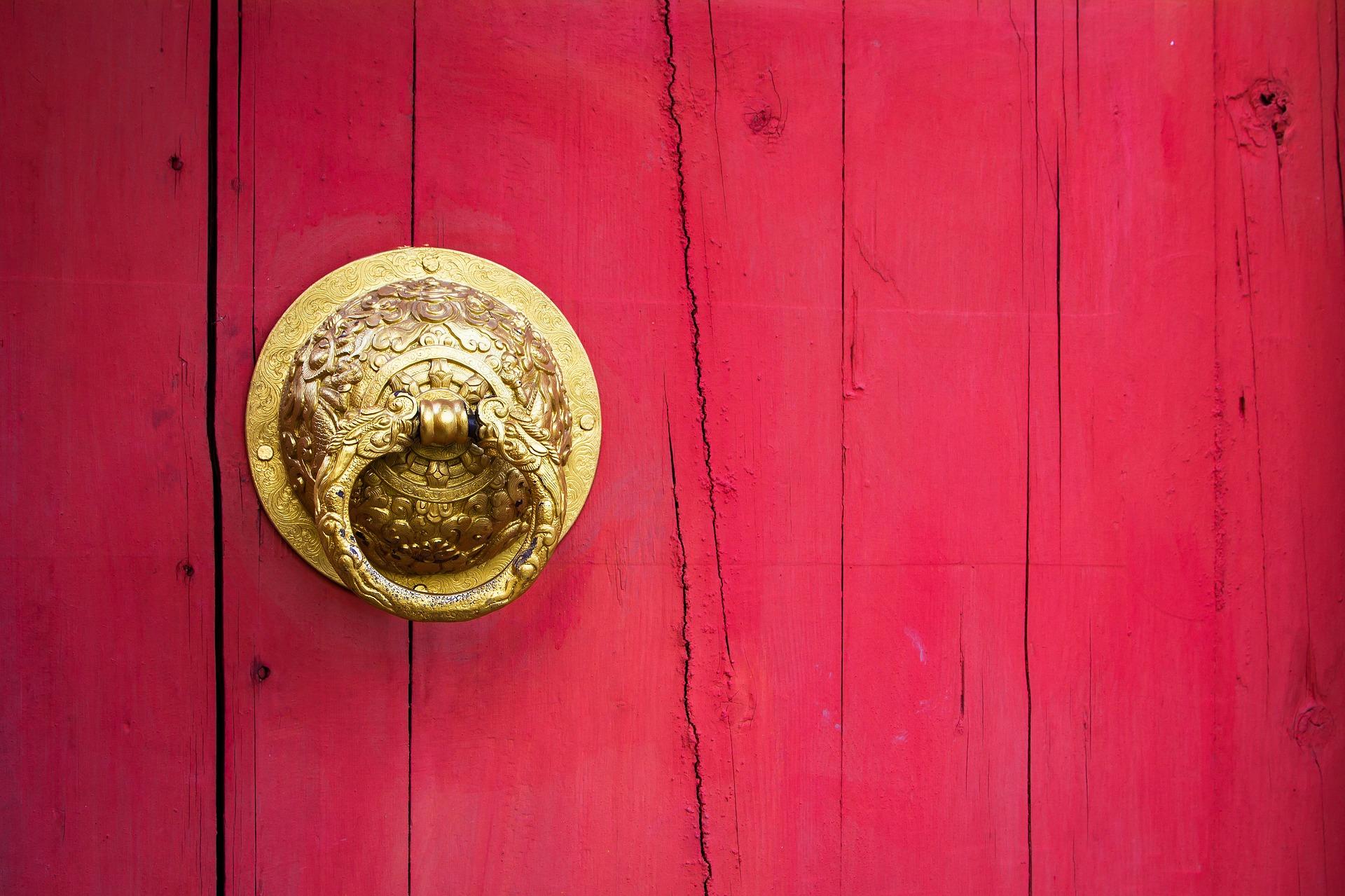“To have another language is to possess a second soul.” - Charlemagne
China is a vast country with a fascinating culture including Chinese languages. In terms of language, Chinese has a few tricks up its sleeves. In fact, Chinese isn’t one single language or just Mandarin but rather a group of related languages, regional varieties, and a multitude of dialects. One of these languages is Min Chinese. This Chinese language is spoken in the south of the country (mainly in the Fujian Province) by around 70 million people. This figure is quite important as it shows there are around as many people speaking Min Chinese as there are people in the UK. It shows that Min Chinese is more than just a Chinese dialect or an accent but rather a language that has its own history and culture linked to it. So what makes Min Chinese different to Mandarin, Cantonese, and Wu? You’ll have the answers to your questions soon enough as this is exactly the topic of this article!

The Origins of Min Chinese
“The more languages you know, the more you are human.” - Tomáš Garrigue Masaryk
From Taiwan to Yunnan, the Great Wall to Hangzhou, Chinese languages take on many different forms depending on where you are. Min Chinese is a fine example of just that. It has a long history and has played an important role for the Chinese civilisation. 
- A non-Chinese layer that originated from Minyue languages.
- Ancient Chinese vocabulary that Han Dynasty colonists brought to the Fujian region.
- Vocabulary from the Northern and Southern Dynasties period.
- A literary layer from the koiné of Chang’an, the capital of the Tang dynasty.
There’s a rich history to be discovered and another great reason to learn more about the language, travel to where it’s spoken and discover the particularities of this fascinating lexicon.
The Varieties of Min Chinese
Just like customs in China and Asia, Min Chinese has a large variety of different local variations within in a single language. Firstly, you should know that Min Chinese is thought of as one of the most varied Chinese languages. This means that it has a large number of different dialects. 
- Min Bei is spoken around Naping, in the Fujian Province.
- Min Dong is present in the Fuzhou region, the capital of Fujian Province.
- Min Nan is the largest of the dialects and is spoken in a number of different places in Guangdong and Taiwan.
- Min Zhong is the variety spoken in the Sanming prefecture.
- Pu-Xian Min is spoken in Putian and Xianyou County.
In short, Min Chinese has a good number of variants, rendering the language rich, diverse, and interesting. Find Chinese courses London here on Superprof.
The Difference Between Min Chinese and other Chinese Languages
Now that you’ve seen where the language is spoken and the different dialects, would you like to know exactly what makes it a language in its own right and not just a dialect of another Chinese language, such as Wu Chinese? 
Getting Min Chinese Lessons
“Knowledge of languages is the doorway to wisdom.” - Roger Bacon
After having learnt a bit about Min Chinese, what do you reckon? It’s certainly a rich and interesting language that’s worth learning and speaking. 
- With a private tutor.
- With an online private tutor via webcam or video conferencing.
- Using Superprof to find either of the above.
- In a group class.
- In intensive classes.
- Or just by going to where the language is spoken!
There are so many different ways for you to learn Min Chinese that you really have no excuse not to learn the language! As you’ve probably understood, there are a lot of things to learn in order to get to grips with this language, so you should probably get started as soon as possible. Why not start looking for your tutor on Superprof now? Language learning is a rewarding experience and it doesn't really matter whether you learn Chinese Mandarin, Cantonese, Wu Chinese, or Min Chinese. It's up to you how you learn Chinese and which Chinese language you want to get started with depending on what you want to know about the language and culture of a vast country. Chinese culture isn't a single culture, after all. It's a multitude of cultures and there are language courses on learning the Mandarin language (or Putonghua as it's known locally) for those interesting in studying the official and de facto language of the country and the dialect of Beijing. However, there are also private tutors teaching the other Chinese languages you can find in places like Shanghai, Hong Kong, Taiwan, and Macau, for example. You can also learn a lot about Chinese online with YouTube videos on language and culture, tutorials on Pinyin (the system for writing a Chinese character using the Latin alphabet), simplified Chinese, Chinese grammar, common phrases, and other language skills you'll need if you want to speak to Chinese people. If you can't make it to China or don't live somewhere where you can find Min Chinese tutors, don't forget that online tutors also offer tutorials over Skype! It's really up to you whether you choose to learn Mandarin classes London, the Cantonese language, Hakka, Wu, or any other Sino Tibetan language. The important thing is that you enjoy it and choose a language that works for you! Isn't it amazing that, for as diverse as Chinese is, there are so many different dialects yet to learn?
Summarise with AI:















